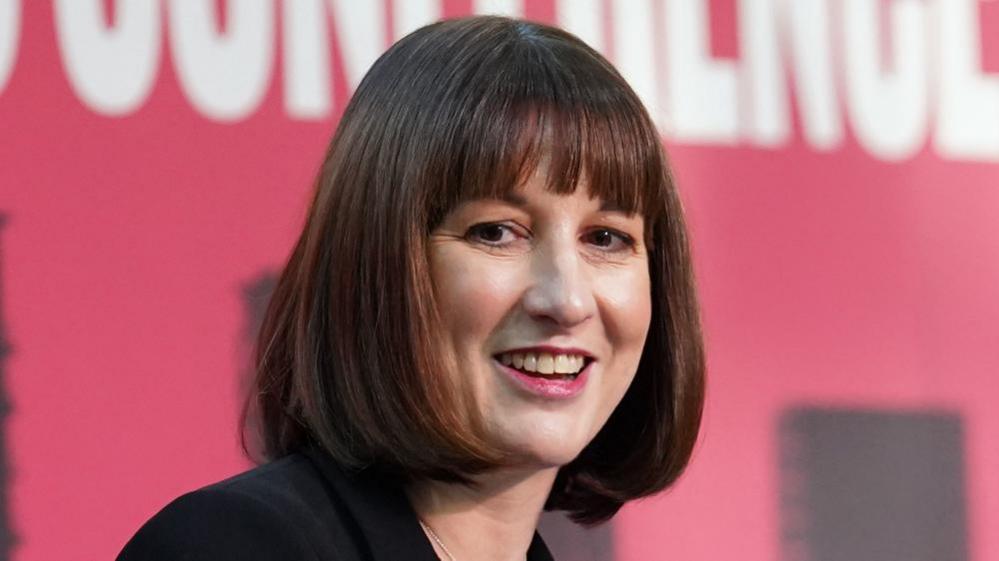Corbyn supporters may be out of power - but say they're not out of ideas
- Published

Two visions of Labour were on display on Monday.
In her speech to Labour conference, shadow chancellor Rachel Reeves was cheered as she declared that "you can't tax and spend your way to growth".
She set out differences with the Conservatives but also wanted to distance the current leadership from the previous one, declaring "extremists" had been thrown out of Labour.
She was applauded by Labour grandee Lord Mandelson from a front row seat - a personification of how the party has changed in the four years since the era when Jeremy Corbyn was leader of the Labour Party.
Yet in the same venue, a little earlier, there was also a standing ovation for the leader of the Unite union Sharon Graham when she called for the party to be more bold and to take the energy companies back in to public ownership.
On a show of hands, this policy passed - a slap in the face for the party leadership, which had ditched plans for "common ownership".
Most topics likely to cause Sir Keir Starmer any difficulty or irritation had already been kept off the agenda - including Brexit.
In a ballot on Sunday, constituency delegates chose to prioritise motions which would not trouble the leadership.
This in itself demonstrates a shift from the left wing of the party, and is in part due to the departure of some grassroots members who are disillusioned with the party's direction.
But the trade unions can also vote to put items on the agenda and that's why the debate on public ownership occurred.
Left behind
Despite the victory on public ownership, the Left would concede - as a matter of fact - that they have lost control of the party.
The Labour leadership is making it clear that the re-nationalisation of energy will not make it in to the next election manifesto.
The Left will be in a minority in the meeting, closer to the election, that draws up that document.
So today's policy will head straight in to the dustbin of history.
So how do they react?
With less vocal opposition than you might imagine.
Mick Lynch, leader of the RMT union, addressed a fringe meeting this weekend and declared that he wouldn't be saying "this or that" about Keir Starmer as "we need to get the Tories out and that means getting him in".
This is reflective of a view of some on the Left.
Labour is ahead in the polls and apparently on the cusp of power, and there may be a political price to be paid for being seen to undermine this.
And in any case the scent of power is a unifying force.
Proceeding with caution
Here on Merseyside, some MPs on the left are taking a tactical decision not to rock the Labour boat that may become a ship of state.
Bell Ribiero-Addy, who worked for Diane Abbott before becoming an MP, told a Left fringe meeting: "It's important you're still here fighting. I don't have time for people who quit the party in a huff... If Labour lose the country loses, regardless of our different views."
And Richard Burgon, secretary of the Socialist Campaign Group of MPs, said he understood "how difficult it can be with the current leadership" but said: "Wouldn't it be fantastic to see all the Tories out, and Labour again get the keys to 10 Downing Street?"
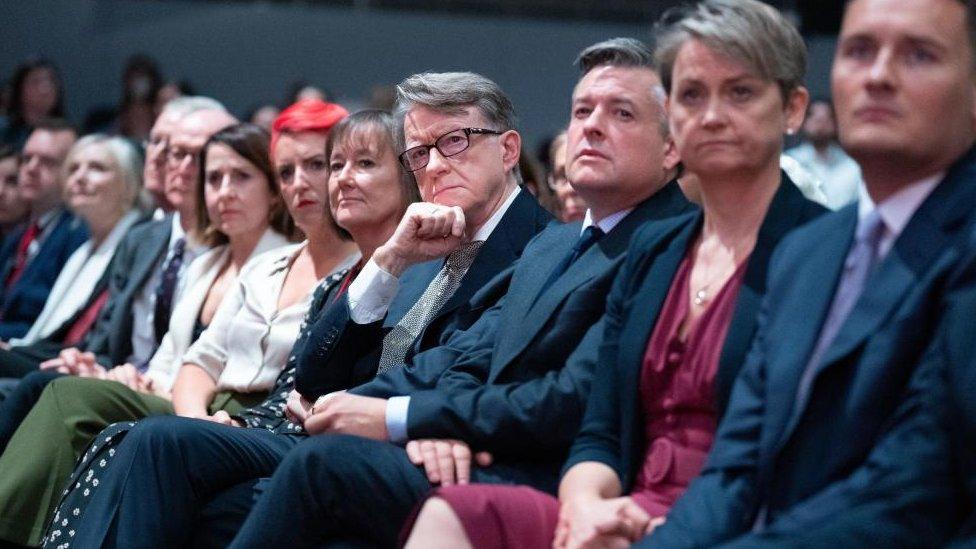
Lord Mandelson listened to Rachel Reeves' speech, surrounded by members of the shadow cabinet
A Left source also suggested there was a "fear" that what happened to both Jeremy Corbyn and Diane Abbott - suspended from the parliamentary party, and likely to be prevented from standing as Labour candidates - could happen to others.
Party rules were changed this weekend to make crystal clear that anyone who campaigns for a non-Labour candidate will be expelled.
If Jeremy Corbyn were - as anticipated - to stand as an independent at the next election then any supporters who knock doors on his behalf would be out.
Those publicly backing the North of Tyne Mayor Jamie Driscoll, who quit Labour, would suffer a similar fate.
Some will indeed be tempted to do so, and the Left inside Labour will be further weakened.
But those who wish to stay and fight do not want to make the leadership's day, and are proceeding with caution.
Will the Left get its future back?
There are those on the Left who argue that the current leadership's victory has been more organisational than political.
The Labour to Win grouping, which got behind the Starmer leadership when he embarked on a journey away from the Corbyn era, have helped him grab control of many of the levers of power - including the ruling National Executive Committee, external.
The Left argue - as Monday's debate on public ownership demonstrates - there is still an appetite among some in the party for more radical policies.
But the prospect of regaining power within the party is a distant one.
Rachel Reeves: Biggest risk to economy is five more Tory years
Momentum - the group set up to support the Corbyn leadership - point out that some of their members are pursuing their politics via the local route. They are training members to be council candidates.
Their co-chair Hilary Schan is a councillor in Worthing, where Labour is hopeful of taking the parliamentary seat.
Preston Labour councillors have been practicing their form of municipal socialism for some time.
As for Westminster, the Labour leader's office has taken an active role in ensuring some on the Left don't get on to parliamentary shortlists.
But there could still be perhaps in the region of 30 or so MPs who are in the Socialist Campaign Group.
So some hope if Labour were to win a narrow majority, they could yet exercise disproportionate influence.
Meanwhile, Unite are building from below - diverting some of the cash that could have gone to Labour to running campaigns in key constituencies on issue that matter to them.
The thinking is that they can set off a political chain reaction. The aim is for voters to put pressure on candidates, then candidates put pressure on their party leadership and then, bang! A Labour government brings this about.
And the Left hope that other unions which are less critical than Unite will nonetheless press for more progress on their priorities if Labour take power.
Under a bus
There is also been some informal, and perhaps a little distasteful, chat on the reception circuit about what would happen if Keir Starmer were to fall under the proverbial bus.
Some on both the Right and Left of the party agree there would be no lurch to the Corbyn left.
But they feel Angela Rayner, who oversaw a robust workers' rights agenda, or Andy Burnham (were he to get a parliamentary seat) and who is re-regulating transport in Manchester, might be better placed to succeed than Rachel Reeves or Wes Streeting, as they are more acceptable to the unions.
In other words, though the party has been on a journey from Left to Right, it hasn't quite settled in a final destination.
But the speed at which the party leadership has moved has shocked some on the Left, and pleasantly surprised those who fondly remember the New Labour era.
Related topics
- Published9 October 2023
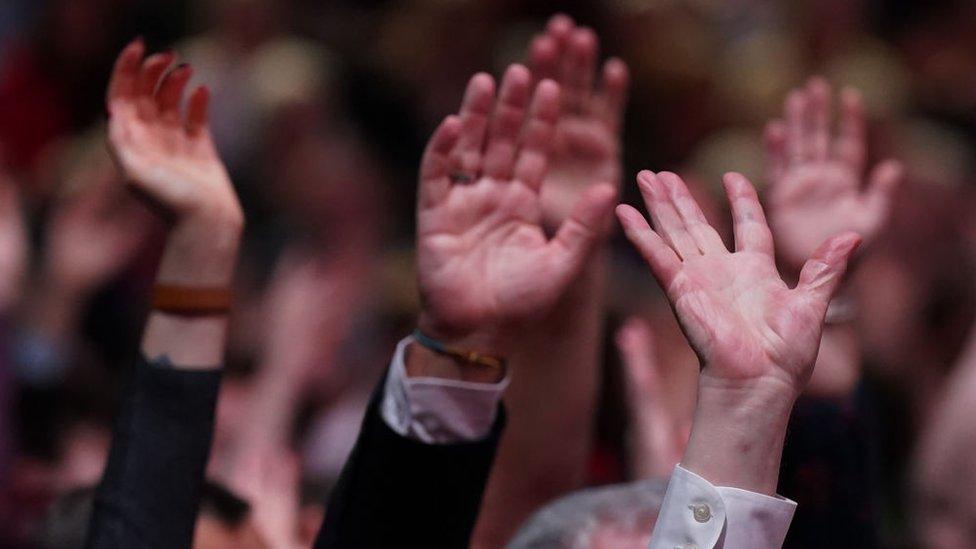
- Published24 May 2023
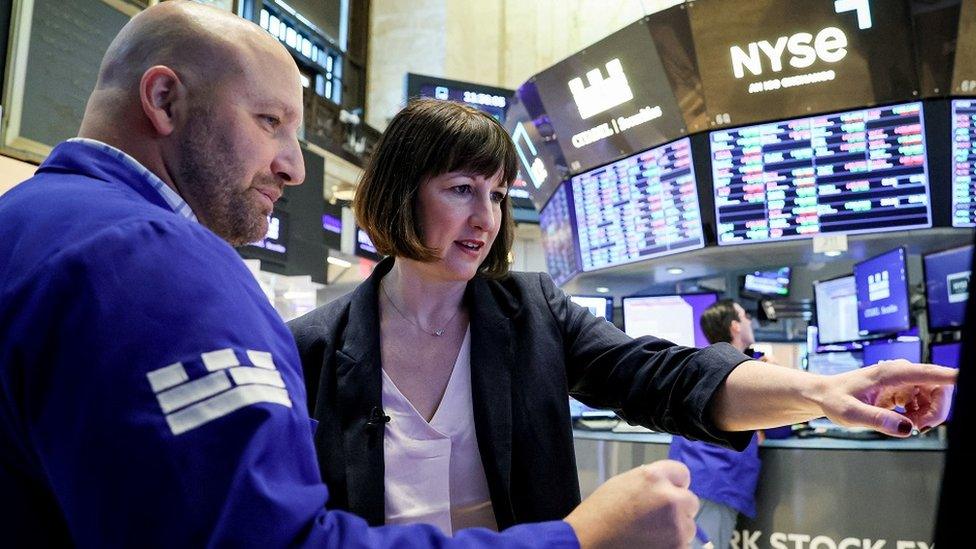
- Published22 September 2023
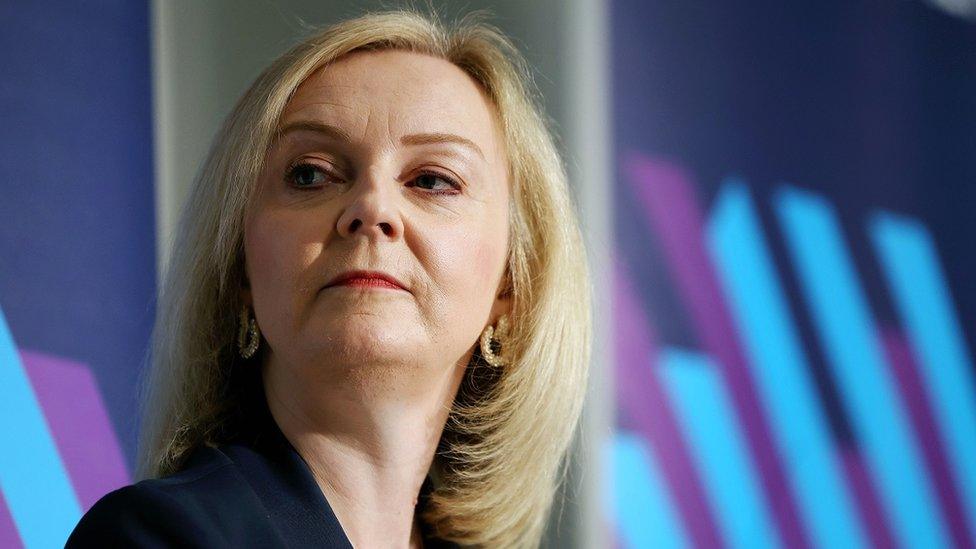
- Published27 August 2023
